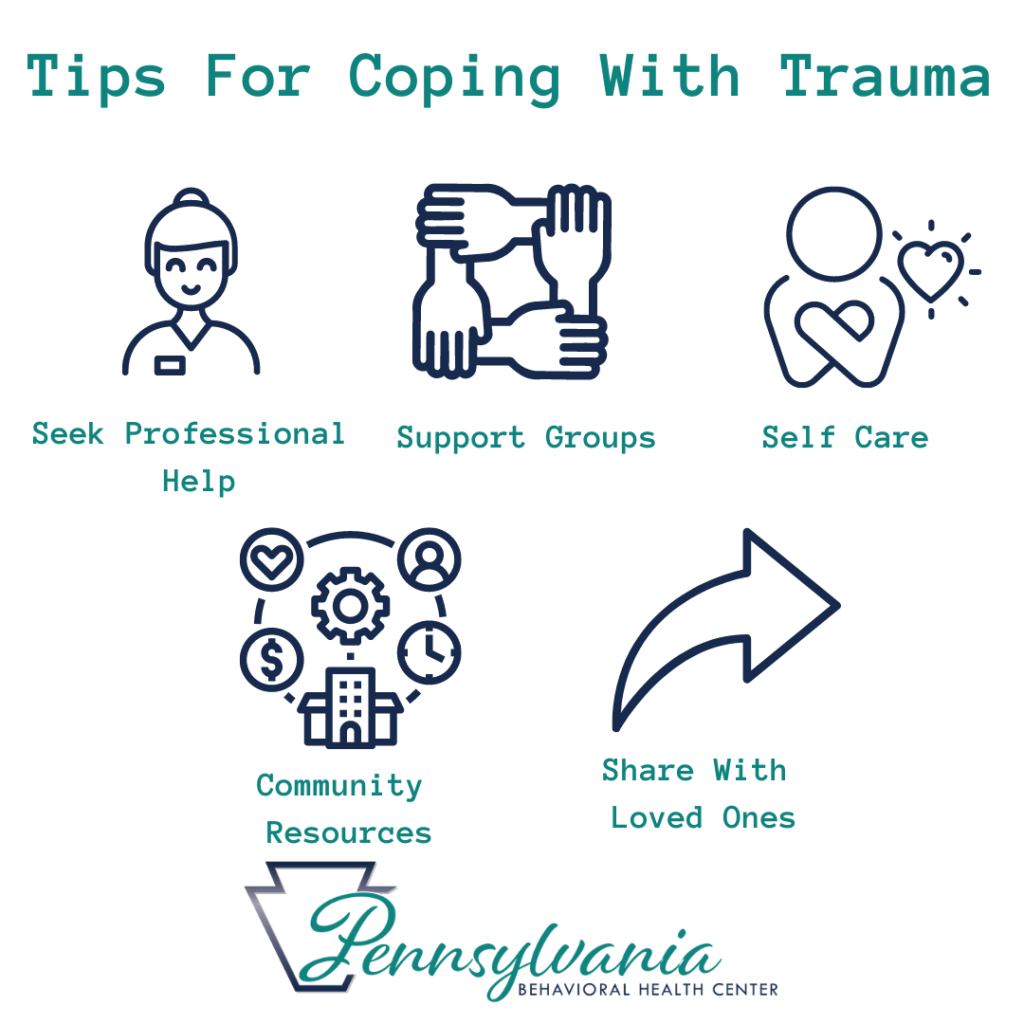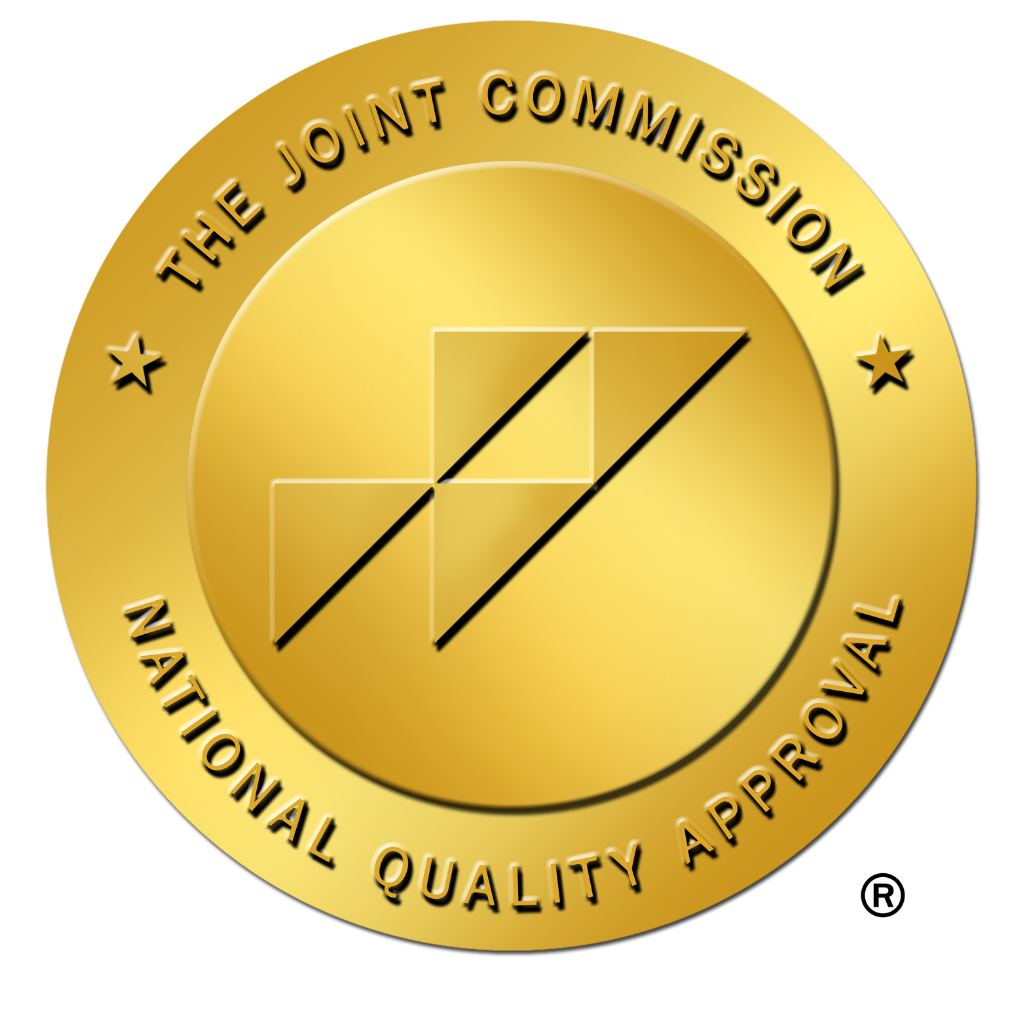Coping With Trauma In Pennsylvania: The Importance Of Seeking Help

The Impact of Trauma
Trauma can have a significant impact on mental health and well-being, especially PTSD. It’s crucial to seek help when coping with the effects of trauma, as many individuals in Pennsylvania experience trauma due to natural disasters, accidents, violence, and other events.
Whether you’ve experienced trauma and suffer from PTSD, it’s important to know that your feelings and reactions are valid and normal. You may feel overwhelmed, anxious, depressed, or have difficulty sleeping. Coping with trauma and PTSD can be challenging, but seeking help is an essential step towards healing.
What Is PTSD?
PTSD stands for Post-Traumatic Stress Disorder, which is a mental health disorder that can develop after an individual experiences or witnesses a traumatic event. Traumatic events may include natural disasters, physical or sexual assault, military combat, accidents, or the sudden death of a loved one.
Ways To Cope With Trauma
Here are some ways you can cope with trauma and PTSD in Pennsylvania:
Find a mental health professional: Consider talking to a therapist or counselor who specializes in trauma and PTSD. They can provide support and guidance on coping strategies to manage the effects of trauma.
Connect with support groups: Support groups for PTSD in Pennsylvania can provide a safe space to share your experiences, connect with others, and find comfort and understanding.
Practice self-care: Taking care of yourself is essential when coping with trauma and PTSD. This includes getting enough sleep, eating a healthy diet, and engaging in physical activity. Relaxation techniques like deep breathing, meditation, and yoga can help manage stress and anxiety.
Use community resources: Pennsylvania offers various resources for those experiencing trauma and PTSD, such as crisis hotlines, victim services, and emergency assistance programs. These resources can provide additional support and guidance on coping with trauma.
Share with trusted loved ones: Confiding in friends or family members can help you feel supported and understood. Sharing your feelings and experiences can also be a helpful step towards healing.
Statistics On Trauma In Pennsylvania
Trauma can have a significant impact on mental health and well-being, and unfortunately, it’s a prevalent issue in Pennsylvania. Many individuals experience trauma due to natural disasters, accidents, violence, and other events. Here are some shocking statistics on trauma in Pennsylvania:
According to the Pennsylvania Commission on Crime and Delinquency, in 2020, there were 33,547 reported victims of domestic violence and 14,974 reported victims of sexual assault in the state.
The Centers for Disease Control and Prevention (CDC) reports that Pennsylvania has a higher rate of drug overdose deaths than the national average. In 2020, there were 5,428 drug overdose deaths in the state.
The Pennsylvania Department of Environmental Protection reports that the state is prone to natural disasters, including flooding, winter storms, and tornadoes. These events can cause trauma and stress, especially for those who have experienced property damage or personal injury.
These statistics highlight the importance of seeking help when coping with trauma in Pennsylvania. If you or someone you know is struggling with trauma and its effects on mental health, it’s essential to reach out for support. Consider talking to a mental health professional, joining a support group, or using community resources to help manage the effects of trauma.
Remember, healing is possible, and there are many resources available to support you on your journey. Don’t hesitate to seek help and take the necessary steps towards healing and recovery.

